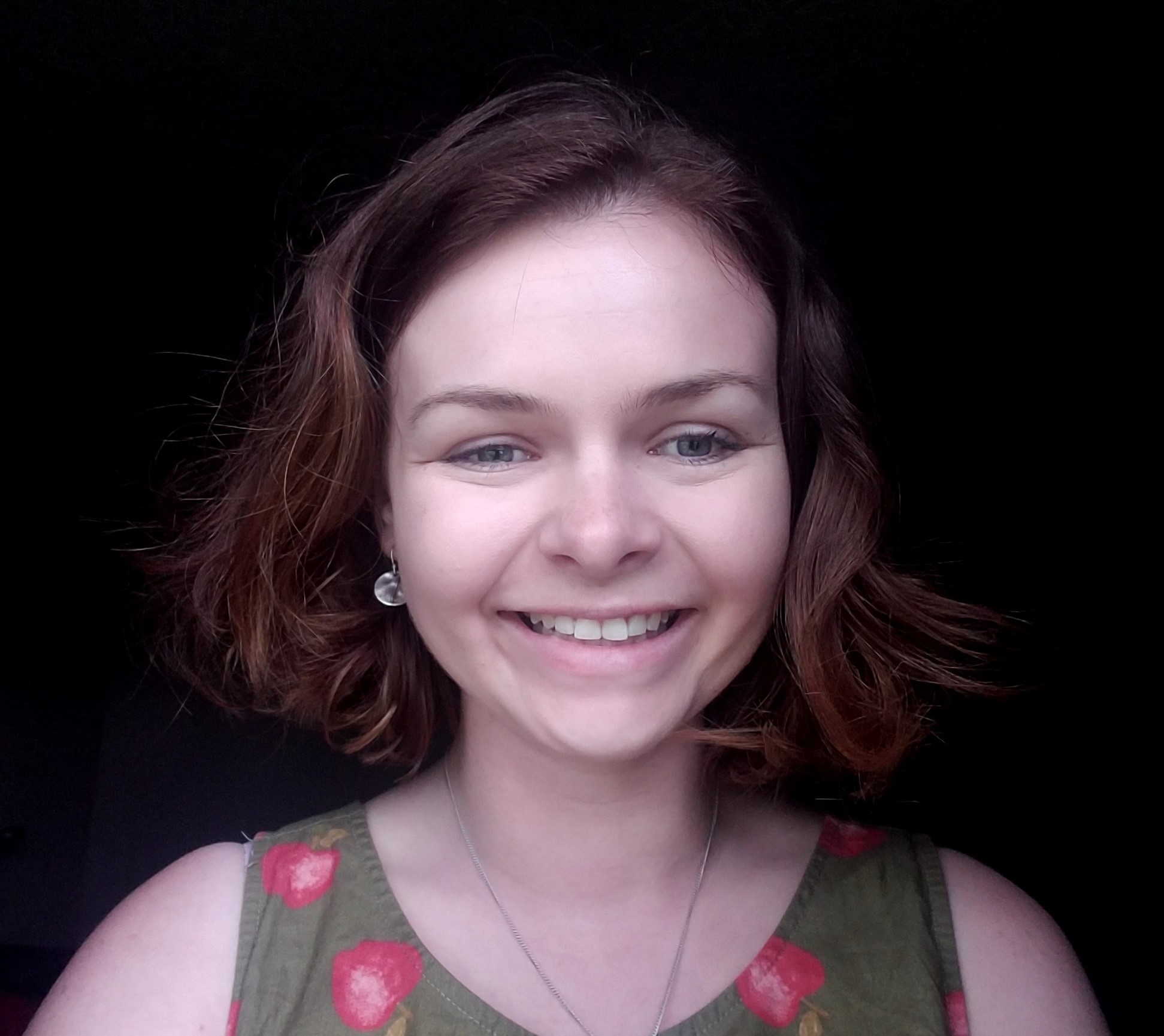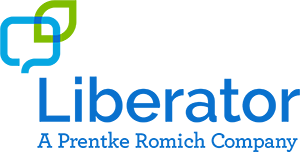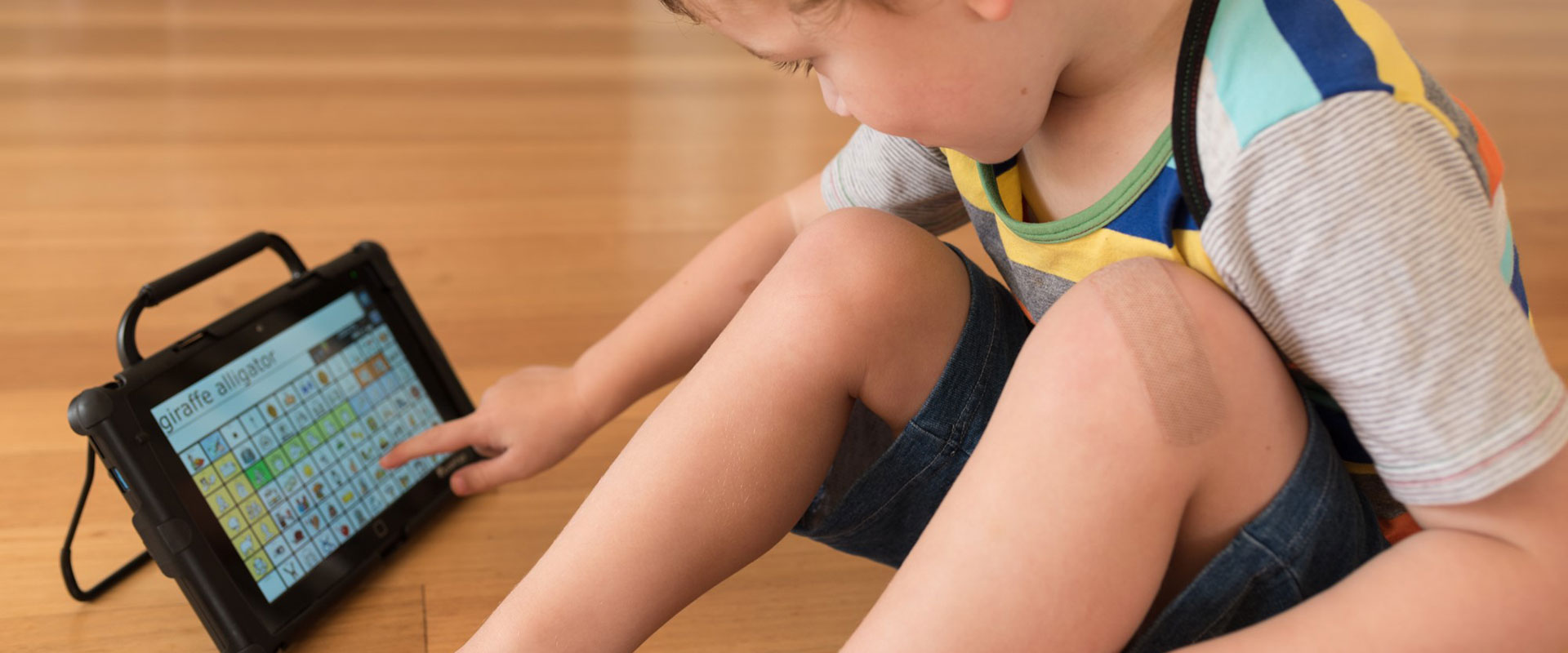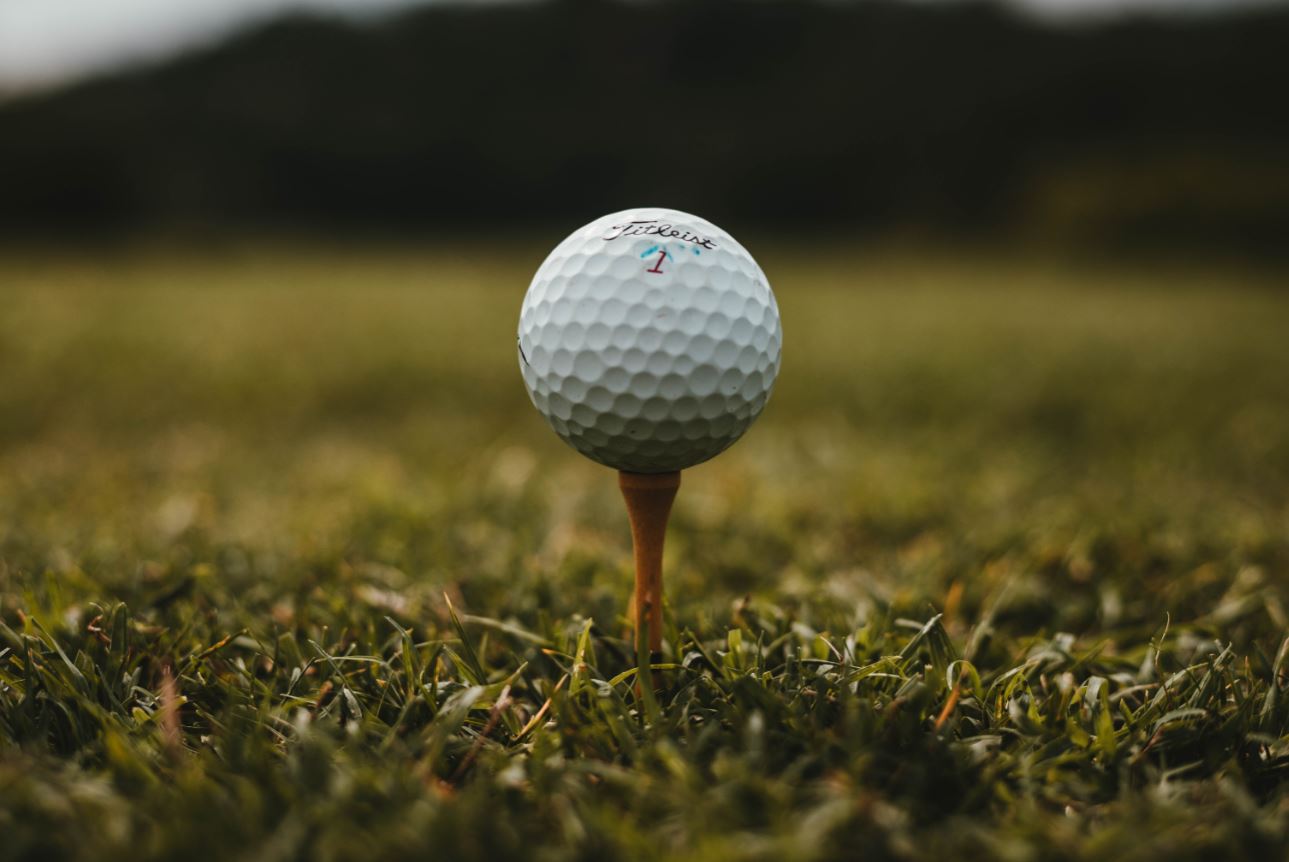Eleanor's US AAC Odyssey

Hello Liberator Blog readership,
My name is Eleanor Francis, I am a school based and private Speech Pathologist from Melbourne Australia working with clients aged 4-40 with complex communication needs.
My areas of special interest are Augmentative and Alternative Communication, Assistive Technology and play/social skills
I have worked alongside Liberator for the past 3 years trialling devices and exploring vocabularies with my students. Shout out to Jeff for patiently talking me through solutions for the numerous weird and wonderful things my students (and I) have done to their devices.
In an effort to escape Melbourne winter, the snotty noses and my seasonally affected colleagues I booked a trip to America to visit a variety of AAC legends and follow them around picking their brains.
First stop on my “AAC Odyssey” (credit to Nigel Duckett for the title) was Round Hill, Virginia. Location number 1 was chosen not only for its proximity to sightseeing in Washington DC (50 minutes in the car followed by 40 minutes on a train). Although the sights were great, my tour guide was the real draw card.
Christopher R. Bugaj, MA CCC‐SLP is a founding member the Assistive Technology Team for Loudoun County Public Schools. Chris also hosts The A.T.TIPSCAST a multi‐award winning podcast featuring strategies to design educational experiences and co-hosts the Talking With Tech podcast featuring interviews and conversations about augmentative and alternative communication.
Chris is the co‐author of The Practical (and Fun) Guide to Assistive Technology in Public Schools, he also is the author of ATEval2Go and co-authored two chapters for a book published by Brookes Publishing titled Technology Tools for Students with Autism. Chris has presented over 250 live or digital sessions at local, regional, state, national and international events, including TEDx. His latest book The New Assistive Tech: Making Learning Awesome For All (http://bit.ly/thenewat4all), also published by ISTE, is available now.
I joined Chris during his first two days of the school year, to find out a little more about what he does and how services are provided on the other side of the world. Over four days we had many conversations about all things Assistive Technology and Augmentative and Alternative Communication (we even recorded one, on the Talking with Tech Podcast, which is scheduled to be released on October 2nd).
My biggest take-away from this experience is that even though I was thousands of kilometres from home, device users and their support teams experienced many of the same challenges as we come across in Australia. Maintaining equipment, training communication partners and developing independence and new skills using devices.
With a new year comes new staff. New teacher, new assistants, new speech therapist. How much do they know about AAC? How confident are they with implementing AAC? Are they willing and able? The importance of multiplying the number of confident communication partners is a no brainer. If we are going to maximise the time our students are in conversation during the day, they need to have someone other than just their speech pathologist to talk to. Chris was telling me about how he has been trying to work with an abridged version of the IMPAACT model for communication partner training (Kent-Walsh, Binger, 2013). He is exploring this as an option to provide structure to his training and consistency in the information everyone receives.
One of the first jobs for the year was finding all the county-owned devices, making sure they were in working order and could be physically accessed by the students. Access to their systems throughout the day is a challenge across many environments every day. Robust language systems only being utilised at mealtimes or during “speech sessions” and either not accessible or not referred to during the rest of the day.
A device with a flat battery is one very expensive paperweight.
That got me thinking about operational and strategic competence and how responsible our students are for their own voices. They are the most consistent part of their own education journey rather than the teachers that change year to year. Should we be setting more goals for students to be transporting and charging their own devices? I know of course this is a greater challenge for some students due to physical restrictions or more pressing behavioural issues, however I still want to think in the same family of goal setting. How can I help my client develop independence in managing their lives? It might be managing their device, completing self-calming routines, instructing others on how to help them in a way they prefer or managing a calendar.
Chris’ colleague John Millar said something in one of the start-of-year meetings that was a good reminder and a good touchstone to remember when setting goals in schools and for therapy. We are responsible for the most supportive environments our students will even enter with the focus of teaching skills for life. In the context of AAC this includes teaching self advocacy and responsibility for bringing their device with them between settings and putting it on charge at night.
So we have a maximum of 13 years, or 52 quarters, significantly less by middle or senior school. When do we need to start planning for after school options? What skills do they need walking out the door and how long do we think we need to teach them? When should we be providing access to robust AAC? When should we be supporting independence for our device users? I would argue, as soon as possible and making it a priority.
By setting goals in our junior school programs that foster independence in later life we are one step closer to ensuring our students can be Spontaneous, Novel, Utterance Generating communicators. Because it’s impossible to say what you want, when you want it and how you want it when your voice is flat in a cupboard.



